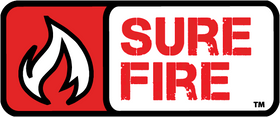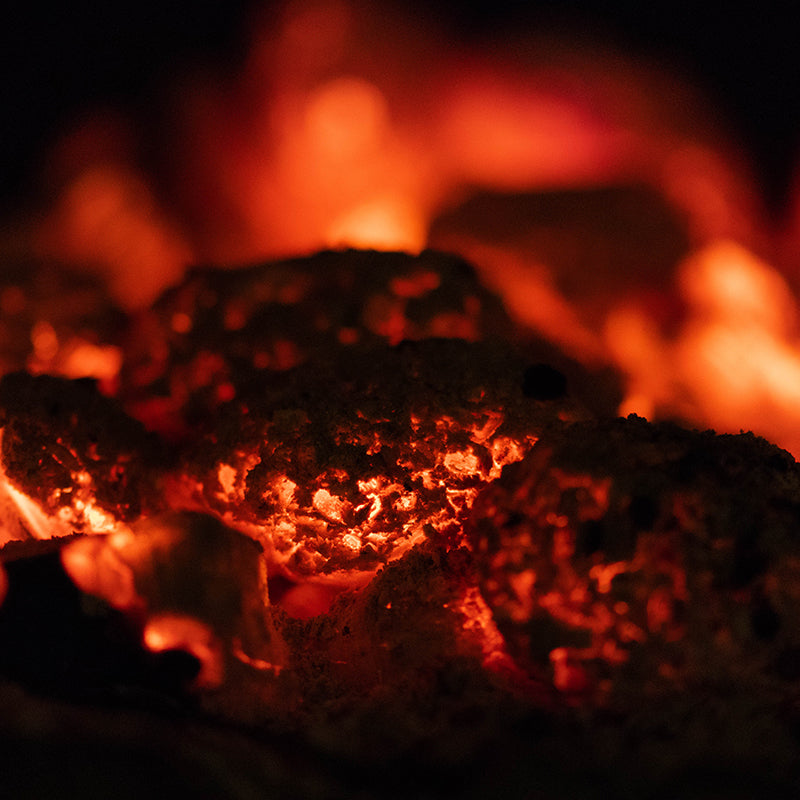Coal Ban
Plans to phase out the sale of house coal and wet wood have been confirmed as part of the Governments plans to cut pollutants and improve air quality. Cleaner fuels such as Smokeless Coal and kiln-dried wood are recommended instead.
As the name suggests, burning smokeless coal is more environmentally friendly than using house coal, as it produces fewer emissions, produces less smoke as it burns and can release up to 20% less carbon dioxide. Man-made smokeless coals can contain a combination of elements, including anthracite and other renewable materials, making many of them more eco-friendly than house coal.
Smokeless fuels are not only manufactured, they can also be found naturally in the form of anthracite. Anthracite has a very high carbon content, sometimes as high as 98%, which means that it contains less volatile materials and therefore does not give of any thick smoke when it is burned. Anthracite is a hard, shiny form of fuel that burns with maximum efficiency and a glowing flame.
Manufactured smokeless fuels are often anthracite based with the natural product ground down into a powder. They are then re-formed into briquettes using smokeless binding agents such as starch or molasses. They are more versatile than anthracite as they can be used on many different appliances, including multi-fuel stoves, room heaters and open fires.
However, improvements to the environment are not the only benefit of smokeless fuels. Smokeless fuel’s initial cost is greater than regular house coal, but works out more cost-effective due to its longer burning rates and better heat output. Their composition means that they can also provide a much more efficient fire. Their high carbon content means there is less ash remaining after you have used your appliance, which means emptying the grate needs to be done less often.

